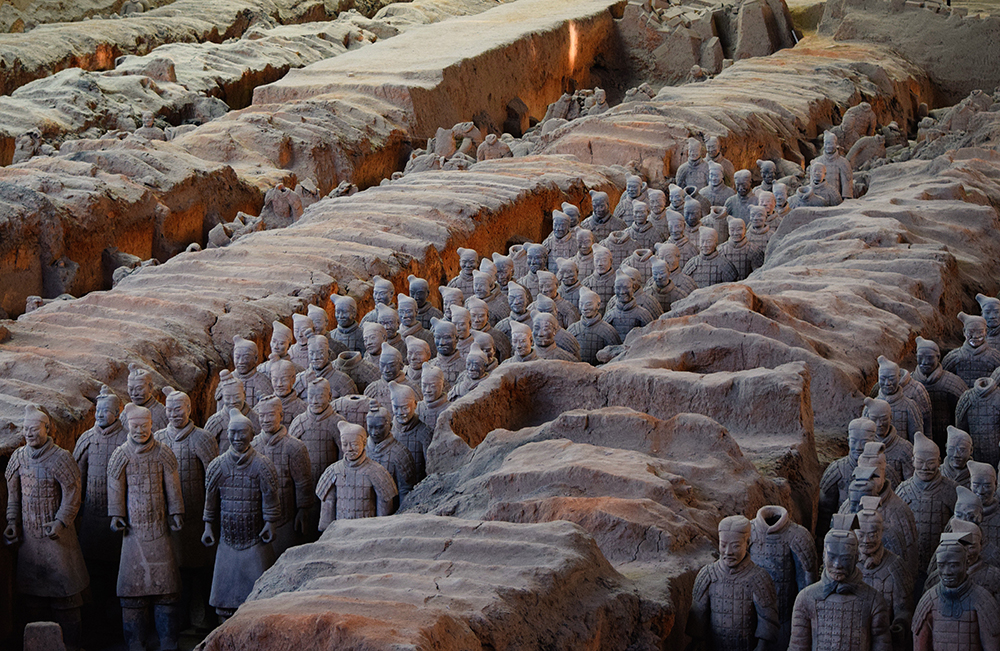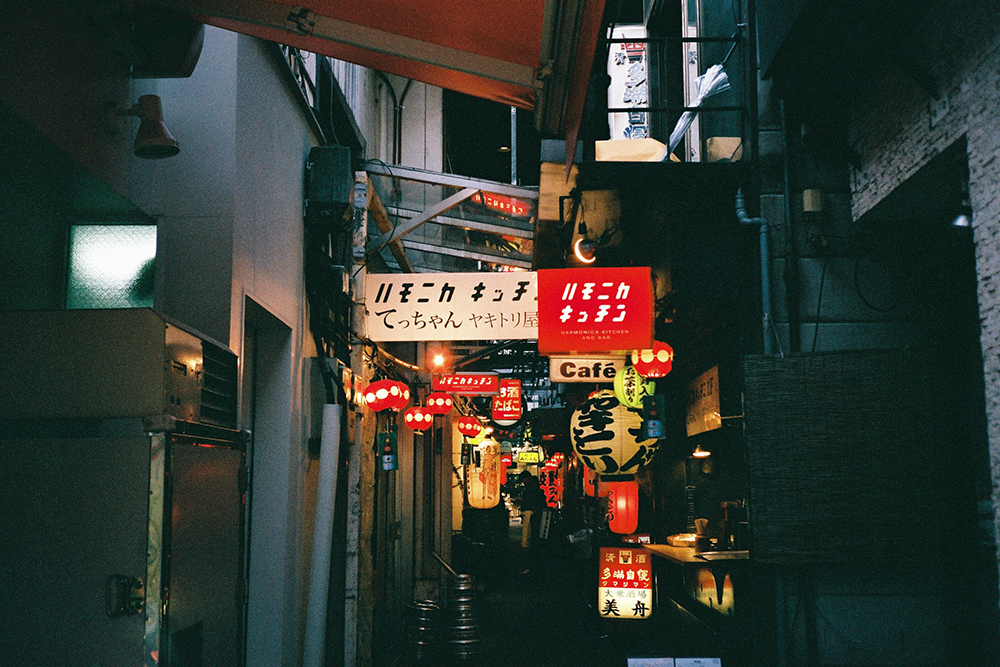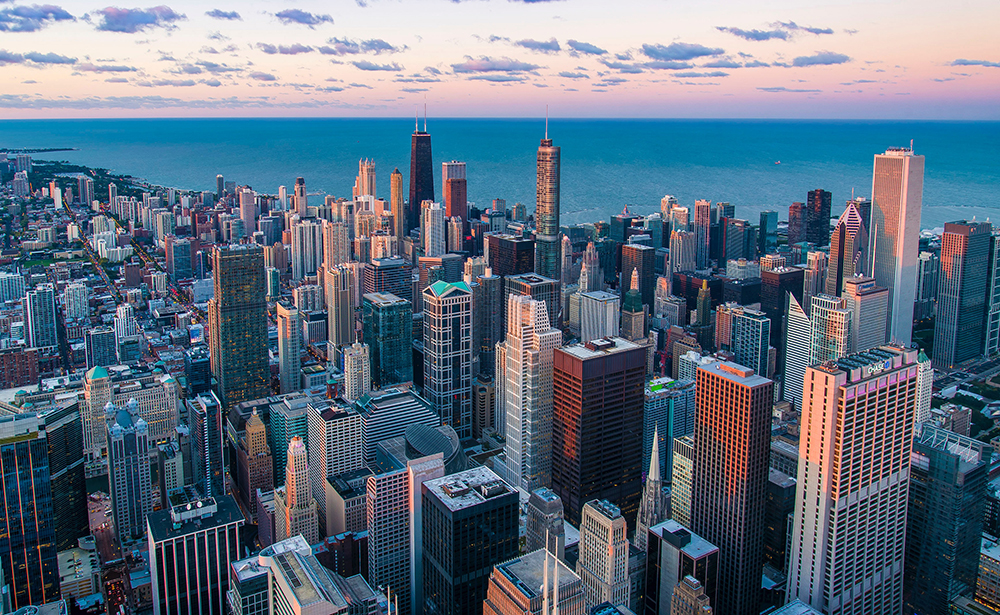Coronavirus is bringing back these two American staples in the travel industry
When it comes to vacation, the coronavirus pandemic is making people take the road less traveled.
So, you’re tired of staying home and you just want to get out of the house? With many states lifting their coronavirus-related restrictions, a summer road trip is a good way to just get away. But with social distancing guidelines still in place in many states, travelers may be required to wear a face mask when they stop for gas, groceries, or other supplies.
“I don’t think this is going to be like any other kind of summer,” said Joseph Allen, an assistant professor of exposure assessment science at Harvard’s Chan School of Public Health. “Everything is going to be very different.”
This summer, road trippers will need to do more planning and preparation than they might have done in the past. Here are seven tips to help you stay safe and reduce your risk of getting sick off and on the road:
Before you head out on the road, now more than ever, you’ll need to preplan your route. Some states still have restrictions on in-person toll collections and rest area food sales. Travel apps like Roadtrippers and AroundMe can answer one of the most common questions any traveler has: What’s nearby? These apps identify your position through GPS and allow you to choose from a list of places, including gas stations and hotels.
So now that you have your route thought out, it’s time to get supplies. Health officials recommend bringing along items like masks, hand sanitizer, disinfecting wet wipes, disposable gloves (for those germ-infested gas pumps) and resealable plastic bags so you can dispose of your gloves. You’ll need to be extra vigilant about hygiene when hitting rest stops with public bathrooms and gas stations along the way.
Pack your favorite road trip snacks, too, like apples or pretzels in mini-sized bags and bottled soft drinks (bring a small cooler if you want to keep them cold). This will limit your need to stop for them along your trip, which limits contact with others.
If you want to keep your car’s interior neat, pass on items that leave a lot of crumbs. It’s also not a bad idea to bring along some small garbage bags to consolidate your discarded food until you can throw it away at the next stop.
Some states, including Kansas, Louisiana and California, are allowing restaurants to resume dine-in services. But seating capacity will be limited with groups sitting six feet apart and some states are only allowing outside dining. In states that have not yet given the green light for sit-down dining, there are still take-out and drive-through services available. And of course, the larger fast-food chains, like McDonald’s or Taco Bell are always good for quick and easy options.
To get a better idea of what’s open at your destination, check out eater.com.
If you need a pit stop, the majority of state rest areas will be open, though some may be closed due to renovations. If they are open, remember to pay attention to hygiene. The restrooms are open to the public, which means you’ll be exposing yourself to more germs. So grab a paper towel or two before you touch the exit.
Food services, such as vending machines, might be unavailable at some rest stops but you may not be completely out of luck if hunger strikes. The Federal Highway Administration (FHWA) gave mobile restaurants temporary permission to use interstate rest areas to feed truckers who are transporting vital goods during the COVID-19 pandemic. So you may be able to find fun, interesting foods along the way.
To see the status of rest areas in the states where you’ll be traveling, check out interstaterestareas.com.
At some point, you will either need to fill your gas tank or charge your electric vehicle’s battery, and most gas pump handles or EV public chargers are pretty gross. Health officials recommend using disposable gloves while pumping your gas, rather than trying to wipe it down with a disinfecting wet wipe. You can easily discard the glove outside in the nearest trash can after you’re done pumping. While paying for your gas, use your credit card instead of cash if possible. This will eliminate the face-to-face contact with the cashier. Plus, your credit card can be wiped down after use.
If you use the public restaurant inside the gas station, be sure not to retouch the faucet or door handles after washing your hands. Grab an extra paper towel or tissue to grab the door handle before you exit.
Need to stay somewhere overnight along the way? Major hotel chains, including Motel 6, Best Western and Hyatt are still operating along the interstates but not all hotels have reopened after the pandemic. So if you do make reservations on the fly, it’s a good idea to reconfirm them before you get there.
Hotels are now more vigilant in their cleaning practices. Some hotel chains apply seals to the room doors to let you know they have been thoroughly cleaned and sanitized. If your stay includes more than one night, you may want to pass on the housekeeping services. This will help you limit the number of people – and germs – entering your room.
Hotels announce new cleaning programs amid coronavirus: Here’s what they look like
Many states may require you to wear masks while stopping for gas, in grocery stores, or in other places. Here a look at the restrictions, state-by-state:
For up-to-date health information in places you may be visiting, you can find a list of links to state health departments on the Centers for Disease Control and Prevention website at cdc.gov.
SOURCE: AAA; AARP; CDC; National Governors Association, as of June 10; USA TODAY research
Home>>Theatre>>Plan ahead and bring gloves for handling gas pumps and a mask in case they’re required where you’re going. Find resources for checking what’s open.

Theatre







